EIB Working Paper 2022/11 - A structural analysis of foreign exchange markets in sub-Saharan Africa
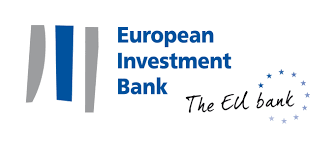
Many countries in Sub-Saharan Africa have liberalised their foreign exchange markets and capital accounts, and have moved to more flexible exchange rates, in recent decades. In this context, the interaction between non-resident investors and export structures centred on primary commodities create a risk of destabilising exchange rate dynamics and further complications for macroeconomic management.
This paper presents detailed insights into the micro-characteristics of several African Lower and Lower-Middle Income Countries' foreign exchange markets and the implications of these characteristics for macroeconomic management.
Finance in Africa - Navigating the financial landscape in turbulent times

Banks in Africa are weathering the COVID-19 pandemic well and showing a lot of creativity to overcome the crisis’s problems. But the war in Ukraine is causing new concerns. With interest rates rising in many countries and bond funding becoming more expensive, a significant number of banks are worried about rising financing costs.
These issues and more are covered in the new Finance in Africa report, based on an annual survey of banks across the continent and supported by Making Finance Work for Africa, an initiative helping more people get loans across the continent. We surveyed 70 banks in sub-Saharan Africa from April to June in 2022 to find out if the war is hurting their business and to learn their views on climate lending, access to finance for women and the accelerating digitisation of the financial sector.
Avoiding ‘Too Little Too Late’ on International Debt Relief

This paper takes stock of the unfolding debt crisis across developing low- and middle-income countries and discusses how to break with the inertia in debt restructurings under the Common Framework for Debt Treatments (CF). Using data on credit ratings, debt sustainability ratings, and sovereign bond spreads the paper identifies 54 developing economies with severe debt problems. Given the global outlook of low growth and high interest rates, the international community must urgently step-up debt relief efforts to avert a deepening development crisis. The paper proposes a way forward for the CF focusing on issues of official creditor coordination, private creditor participation, and the use of state-contingent debt clauses that target future economic and fiscal resilience. Fundamentally, the paper argues that the focus must shift from debt rescheduling to comprehensive restructuring involving write-offs allowing countries a faster return to growth, financial markets, and development progress. A structurally different future of tighter funding conditions and higher frequency of climate disasters will require a re-think and ramp-up of official sector concessional lending to vulnerable developing economies.
The role of Public Development Banks in scaling up Sustainable Finance

This joint research paper between UNDP and Finance in Common, headquartered within Agence Française de Développement (AFD), explores public development banks' (PDBs) roles, progress, and challenges to scale sustainable financing in alignment with the Sustainable Development Goals (SDGs) and Paris Agreement.
Based on the detailed face-to-face interviews in parallel with a survey, the paper provides successful case studies in all regions of how PDBs have delivered inclusive, equitable and sustainable growth with the right mix of strategy, instruments, data and collaboration--with a focus of national and subnational PDBs in developing countries -.
With remaining barriers, the paper sought to identify a clear set of recommendations based on the views of the PDBs themselves. The recommendations are for national governments, PDBs, MDBs, regulators, credit rating agencies, technical assistance providers, bank coalitions/networks, and development partners.
World Economic Outlook Report October 2022
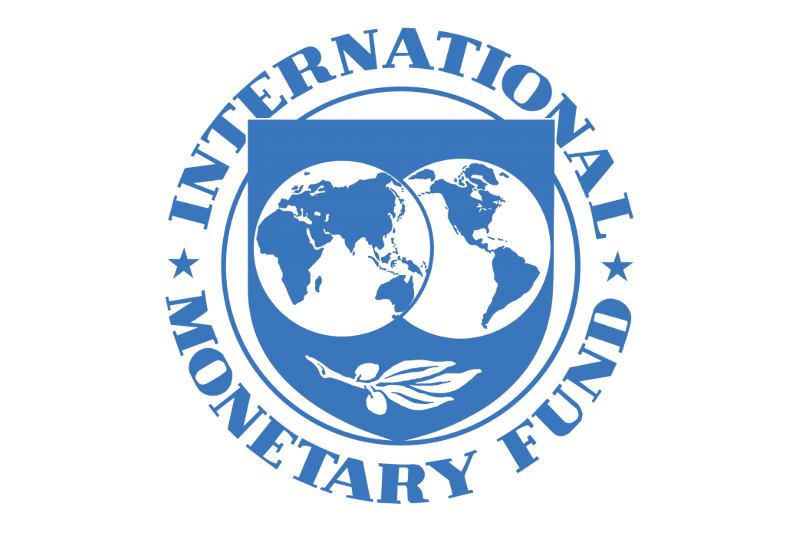
Global economic activity is experiencing a broad-based and sharper-than-expected slowdown, with inflation higher than seen in several decades. The cost-of-living crisis, tightening financial conditions in most regions, Russia’s invasion of Ukraine, and the lingering COVID-19 pandemic all weigh heavily on the outlook. Global growth is forecast to slow from 6.0 percent in 2021 to 3.2 percent in 2022 and 2.7 percent in 2023. This is the weakest growth profile since 2001 except for the global financial crisis and the acute phase of the COVID-19 pandemic.
Digital Africa : How Technological Transformation Can Create Jobs and Reduce Poverty in Africa
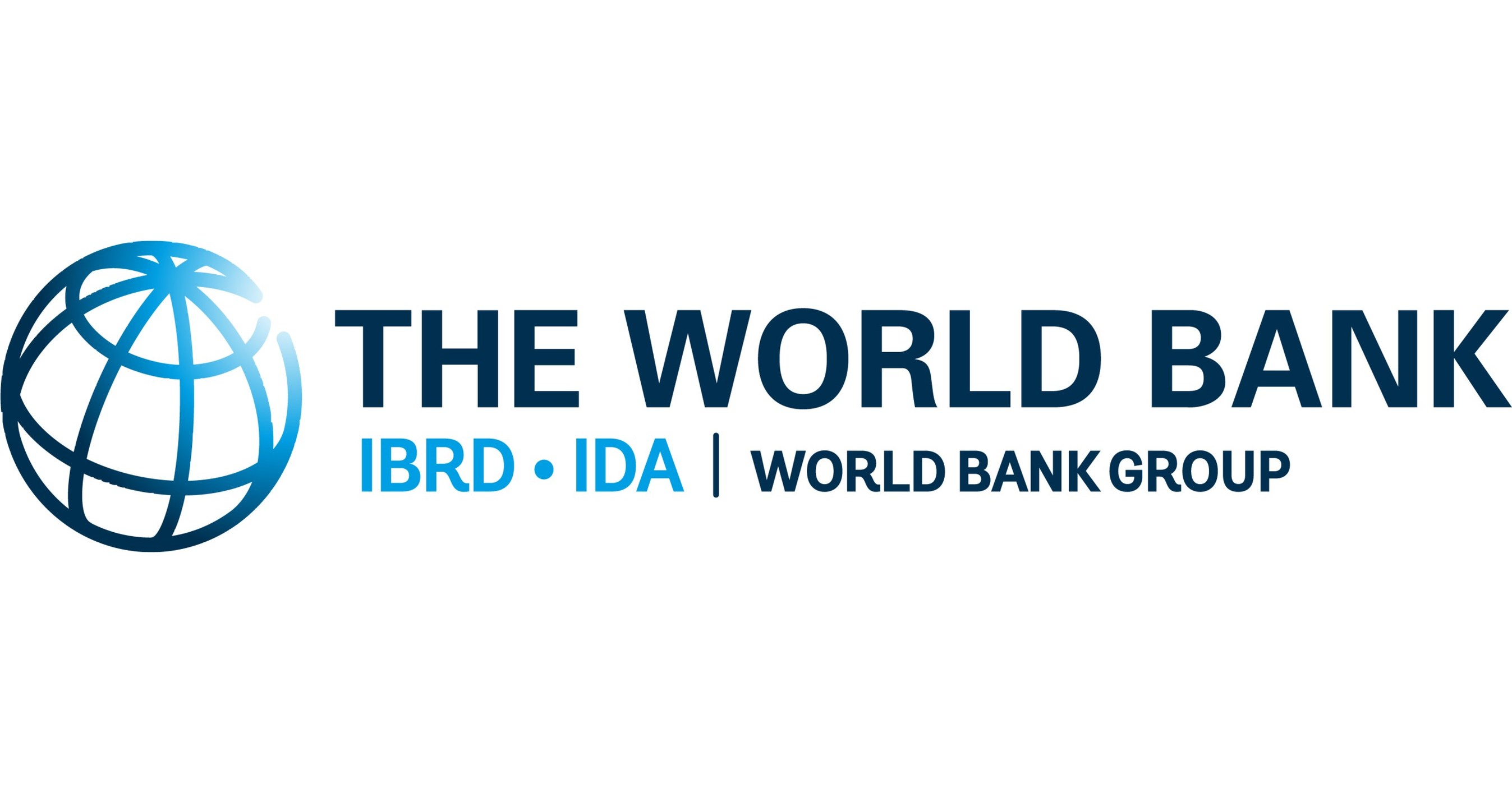
This report argues that Digital Transformation (DTs) are an essential element of a good-jobs strategy for African countries. The evidence shows that internet use has significant inclusive job impacts on the continent, which is poised to have the largest workforce in the world by 2100. Robust analysis provides strategies that can be adopted to capitalize on growing evidence that internet availability enhances job creation and poverty reduction. Poverty rates fell by 7 percentage points and welfare impacts were higher among poorer and less-educated households.
Entrepreneurship in Egypt: 2022 Ecosystem Overview
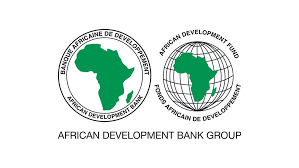
This report provides an overview of the entrepreneurship ecosystem in Egypt, including mapping of existing programs and initiatives in key areas of the ecosystem, and identifying specific gaps and potential interventions that could expand support to entrepreneurs. The report covers the following areas: (i) entrepreneurial awareness programs, (ii) incubation and acceleration programs, (iii) access to finance, and (iv) entrepreneurship training and education. In each of these areas, we identify and profile the key programs and initiatives and provide an analysis for each area.
Poverty and Shared Prosperity Report 2022

By 2030, Nearly 600 Million People Will Struggle on Less Than $2.15 a Day
WASHINGTON, Oct. 5, 2022—The world is unlikely to meet the goal of ending extreme poverty by 2030 absent history-defying rates of economic growth over the remainder of this decade, according to a new World Bank study. The study finds that COVID-19 dealt the biggest setback to global poverty-reduction efforts since 1990 and the war in Ukraine threatens to make matters worse.
U.S. Strategy Toward Sub-Saharan Africa
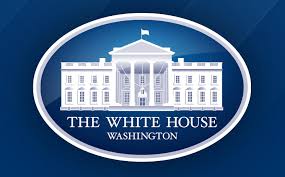
Sub-Saharan Africa is critical to advancing our global priorities. It has one of the world’s fastest growing populations, largest free trade areas, most diverse ecosystems, and one of the largest regional voting groups in the United Nations (UN). It is impossible to meet this era’s defining challenges without African contributions and leadership. The region will factor prominently in efforts to: end the COVID-19 pandemic; tackle the climate crisis; reverse the global tide of democratic backsliding; address global food insecurity; strengthen an open and stable international system; shape the rules of the world on vital issues like trade, cyber, and emerging technologies; and confront the threat of terrorism, conflict, and transnational crime.
Violations of human rights in Uganda and Tanzania linked to the investments in fossil fuels projects
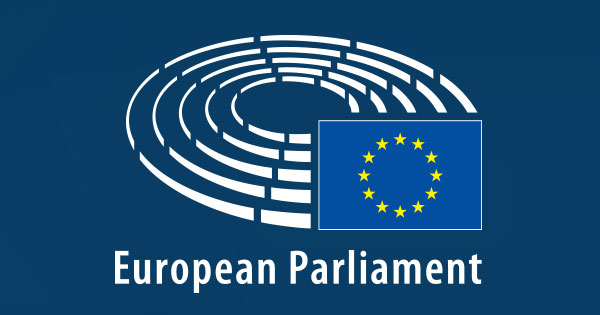
European Parliament resolution of 15 September 2022 on violations of human rights in Uganda and Tanzania linked to investments in fossil fuels projects (2022/2826(RSP))




